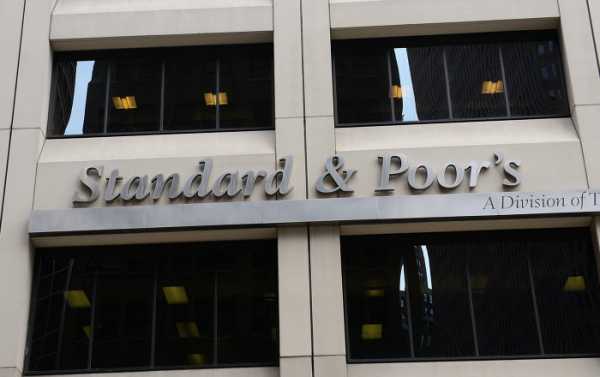
International credit rating agency S&P is weighing in on the lingering standoff between the Indian government and the Reserve Bank of India (RBI), warning against any political interference in central bank policies.
Kristian Rouz — Politically-motivated tampering with central bank policies poses a risk to macroeconomic stability, international credit rating agency S&P Global says in its most recent statement on India.
The South Asian nation has been caught in the crossfire of a heated central banking debate over the past few months, as India’s slowing economy is seen as eroding the public trust in its democratically-elected leader, Narendra Modi.
S&P said it could downgrade its credit rating for India unless New Delhi leaves the central bank alone. The agency stressed that India’s gigantic banking system could be exposed to risks of a greater uncertainty and the so-called “human factor” — if the central bank abandons its rules-based approach to governance in favour of supporting the economy to make certain political figures look good.
“S&P Global Ratings views as credit negative the circumstances leading to the recent resignation of Urjit Patel, governor of the Reserve Bank of India (RBI),” S&P analysts Michael Puli and Andrew Wood warned.
The statement comes just weeks after several reports suggested in early November that the Indian government could increase pressure on the RBI in order to achieve its economic priorities. Some central bankers rebuffed the government’s advances at the time, citing the RBI’s mandate, which is to support long-term macroeconomic stability rather than promote short-term credit-driven expansion.
Subsequently, this standoff sparked speculation that several top Indian central bankers could lose their jobs — allegedly due to Modi’s dissatisfaction with the RBI’s policies.
But S&P analysts appear to have sided with the central bankers.
“Sustained and intense external pressure from the Indian government risks eroding these settings (central bank independence and macroprudential policies) over time, and could also undermine the long-term financial stability in the country,” Puli and Wood wrote.
S&P also said India’s GDP growth at about 7 percent per year should be enough to maintain the existing level of well-being of its citizens. India’s economy grew 7.1 percent year-on-year in 3Q18 — compared to 8.1 percent in 2Q16, 5.6 percent in 2Q17, and 8.2 percent in 2Q18.
These figures suggest that India’s GDP growth is stable and sustainable around its fairly comfortable level in the long-term — but Modi has recently drawn criticism over the poor infrastructure, rife corruption, and structural inefficiency of the Indian economy. Some government officials have suggested looser RBI policies could ease the popular dissatisfaction with Modi’s economic governance.
“We want the RBI governor to accept the priorities of the economy and to discuss these with board members”, anonymous sources in the Indian government told Reuters. “If he wants to take decisions unilaterally, it will be better for him to quit”.
But RBI officials have repeatedly rejected such calls — and now their position is amplified by the statement from S&P — quite a powerful document for an emerging market such as India, where investment flows are heavily-reliant on central bank messaging, much more so than on hard figures.
“We will do everything to protect the interests of the economy”, an anonymous RBI board member told Reuters. He reportedly added the RBI would “explain, defend and justify” their decisions on monetary policy.
S&P also said that if the government refrains from adding pressure on the central bank, maintains the nation’s GDP expansion rate at 7 percent per year, and shows commitment to the institutional independence of regulators, then the agency could reaffirm India’s investment grade at its current stable BBB- level.
Sourse: sputniknews.com






